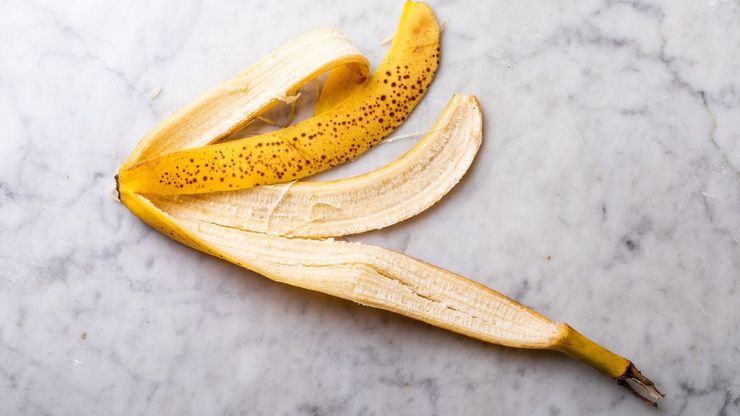In the world of gardening, finding innovative ways to nourish and protect your plants is key to achieving a vibrant and thriving garden. When it comes to sustainable practices, banana peels offer a treasure trove of benefits that many gardeners overlook. From enriching soil fertility to repelling pests naturally, banana peels can be a game-changer for your gardening routine. In this article, we’ll explore seven ingenious ways to incorporate banana peels into your garden care regimen. Get ready to discover how these humble fruit peels can revolutionize the way you garden, leading to healthier plants and a more bountiful harvest.
Table of Contents
ToggleWays to Use Banana Peels in Your Garden
1. Composting Banana Peels for Nutrient-Rich Soil
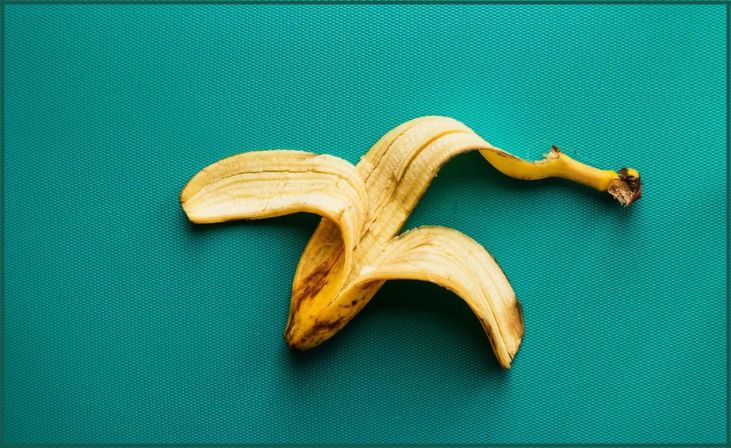
Banana peels are rich in essential nutrients such as potassium, phosphorus, and calcium, making them valuable additions to your compost pile. When composted, banana peels break down gradually, releasing these nutrients into the soil. Potassium supports overall plant health and aids in fruit production, while phosphorus contributes to root development and flower formation. Calcium helps prevent issues like blossom end rot in tomatoes and peppers. Composting banana peels not only enriches the soil with vital nutrients but also improves its structure and water retention capacity. This natural fertilization process promotes healthy microbial activity, fostering a balanced ecosystem in your garden soil and leading to robust plant growth and abundant harvests.
2. Natural Fertilizer from Banana Peels
Utilize the nutrient-rich properties of banana peels to create a homemade natural fertilizer. By fermenting or steeping banana peels in water, you can extract their valuable nutrients and create a potent liquid fertilizer for your plants. This homemade fertilizer is an eco-friendly alternative to synthetic products, reducing chemical inputs in your garden. The potassium, phosphorus, and other trace minerals present in banana peel fertilizer promote healthy plant growth, improve soil fertility, and enhance nutrient uptake. Regular application of banana peel fertilizer encourages lush foliage, vibrant blooms, and bountiful yields in your garden, all while minimizing environmental impact and supporting sustainable gardening practices.
Also Read : 8 Best Indoor Plants for Apartments
3. Pest Control with Banana Peels
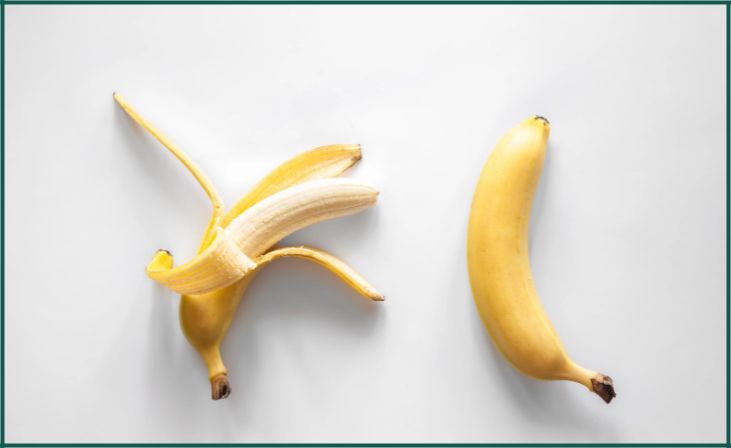
Banana peels offer a natural and eco-friendly solution to common garden pests. Compounds present in banana peels, such as potassium and polyphenols, act as natural repellents against pests like aphids, ants, and snails. Simply placing chopped banana peels around susceptible plants or burying them in the soil creates a barrier that deters pests without the need for harmful chemical pesticides. Additionally, banana peels can attract beneficial insects like earthworms, which help aerate the soil and break down organic matter, further enhancing soil health. By incorporating banana peels into your pest control strategy, you can protect your plants from damage while promoting a healthy and biodiverse garden ecosystem.
4. Banana Peel Tea for Plant Health
Brewing banana peel tea is a cost-effective and environmentally friendly method to boost plant health and vitality. The process involves steeping chopped banana peels in water to extract their nutrients, resulting in a nutrient-rich liquid fertilizer for your plants. Banana peel tea is particularly beneficial for plants requiring a potassium boost, such as tomatoes, peppers, and roses. Potassium supports various physiological processes in plants, including enzyme activation, photosynthesis, and water regulation. Regular application of banana peel tea enhances root development, strengthens plant immunity, and improves overall growth and productivity. By incorporating banana peel tea into your plant care routine, you can achieve healthier, more resilient plants and a thriving garden.
Don't just scroll, subscribe!
BuzzTrail's unique web-stories are the cure for boredom you've been waiting for.
5. Mulching with Banana Peels
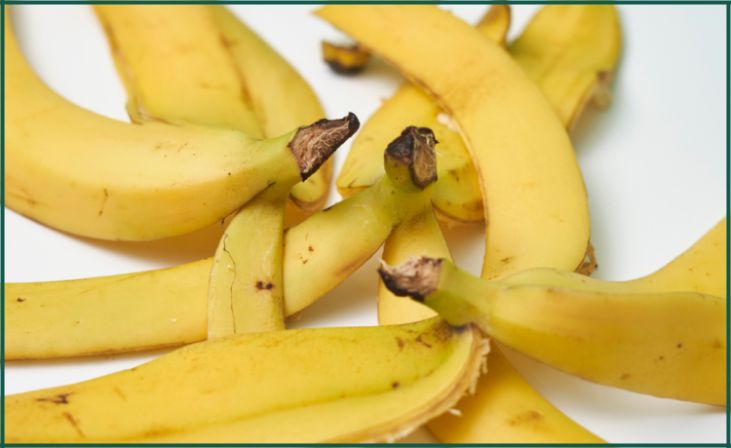
Mulching with banana peels offers multiple benefits for your garden soil and plants. Banana peels, when applied as mulch, gradually decompose, releasing nutrients into the soil and improving its fertility. The decomposition process also enhances soil structure, promoting better water retention and drainage. Additionally, banana peels act as a natural weed barrier, suppressing weed growth and reducing the need for herbicides. As mulch, banana peels help regulate soil temperature, keeping it cool in hot weather and insulating it during colder months. By incorporating banana peels into your mulching routine, you can conserve moisture, suppress weeds, enrich the soil, and promote healthy plant growth, leading to a more vibrant and productive garden.
6. Making Banana Peel Vinegar
Transforming banana peels into vinegar provides a sustainable and versatile household product with numerous uses in the kitchen and garden. Fermenting banana peels in water with added sugar creates a tangy vinegar rich in acetic acid and beneficial enzymes. Banana peel vinegar can be used as a natural cleaning agent, effectively removing stains, grease, and odors from surfaces. In the garden, banana peel vinegar serves as a natural herbicide, effectively controlling weeds without the use of harmful chemicals. Additionally, diluting banana peel vinegar with water creates an organic foliar spray that helps deter pests and fungal diseases while promoting plant health. By repurposing banana peels into vinegar, you can reduce waste, minimize chemical exposure, and support a more sustainable lifestyle.
Also Read : Top 10 Kitchen Garden Ideas For Beginners
7. Banana Peel Plant Starter
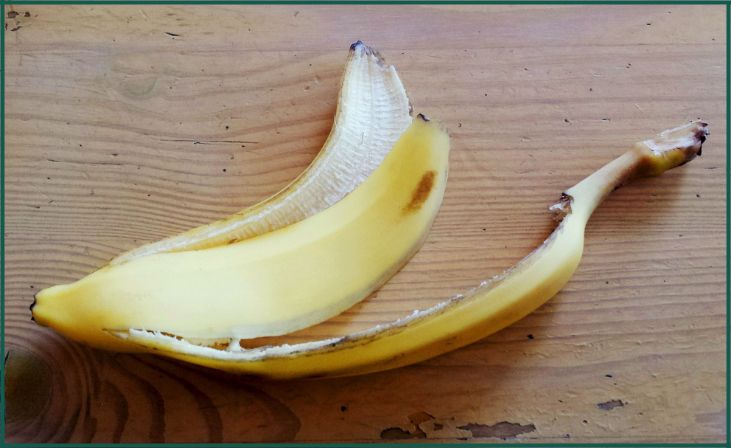
Harness the hormone-rich properties of banana peels to propagate new plants from cuttings or seeds. Banana peels contain auxins, hormones that stimulate root growth and development in plants. To use banana peels as a plant starter, bury small pieces of peel in the soil alongside cuttings or seeds. The auxins released as the banana peels decompose promote robust root formation, increasing the chances of successful propagation. This natural and cost-effective method is particularly useful for difficult-to-root plants or those with fragile root systems. By incorporating banana peels into your plant propagation process, you can expedite root development, increase transplant success rates, and expand your garden with ease.
Conclusion
Banana peels are not just garden waste; they’re a potent tool for nurturing a lush and thriving garden. By composting, creating natural fertilizers, and using banana peels for pest control and mulching, gardeners can harness their power to enhance soil health and plant vitality. Additionally, making banana peel tea, vinegar, and using them as plant starters offer innovative ways to maximize their benefits. Incorporating these seven ingenious methods into your gardening routine can lead to healthier plants, reduced waste, and a more sustainable approach to gardening. Embrace the potential of banana peels in your garden, and watch as your plants flourish with vitality and vigor.
FAQs
Can I use banana peels for indoor plants?
Can I use banana peels for indoor plants?
Absolutely! Banana peels can be chopped up and added to the soil of indoor plants to provide a slow-release source of nutrients.
Are there any plants that don’t benefit from banana peels?
Are there any plants that don’t benefit from banana peels?
While most plants benefit from the nutrients in banana peels, some plants, like tomatoes and peppers, may attract pests if banana peels are used excessively.

